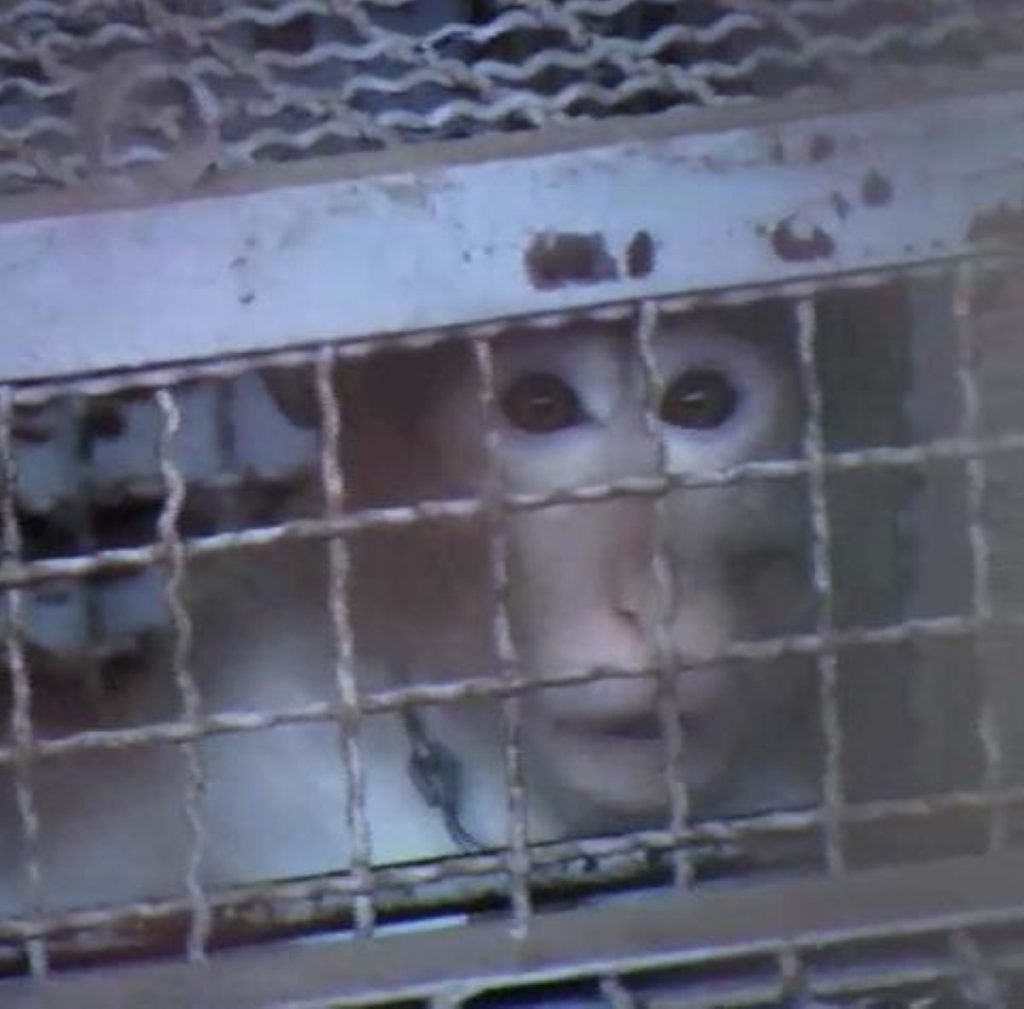Govt sanctions inhumane breeding of monkeys
By politics.co.uk staff
The Home Office is allowing monkeys bred in “deplorable” conditions to be supplied to the UK for animal testing, an animal charity alleged today.
Animal Defenders International (ADI) claimed a monkey supplier in Vietnam, with a UK government licence, was breeding monkeys in rusty, metre-tall cages, which allow barely enough room for them to stand.
In March 2005 the Home Office threatened to discontinue supply from Nafovanny, Long Thanh, following an inspection which showed “shortcomings in animal accommodation and care”.


By the end of the year it said it had “reassurances and evidence that significant improvements had been made” and allowed supply to continue.
“These are some of the most appalling conditions I have ever seen inside a laboratory animal dealers,” said ADI campaigns director, Tim Phillips.
“I have seen inside laboratory primate facilities all over the world and they have all been shocking, but what I saw at Nafovanny in Vietnam was absolutely sickening.
“It is shameful that this facility has been inspected and sanctioned by our government and that a UK laboratory receiving animals from this dreadful place can claim that it is committed to ensuring the best conditions for its primates at the centres where they are bred.”
In order to supply monkeys to UK laboratories suppliers must undergo an inspection to ensure they comply with the “Home Office code of practice for the housing and care of animals in designated breeding and supplying establishments (1995 HC 125) pertaining to the import of primates”.
According to ADI, in 2007 the government confirmed the Nafovanny facility had not been visited since the March 2005 inspection which found conditions unacceptable.
In the year up to June 2008, 476 were supplied by Nafovanny to Huntingdon Life Sciences (HLS) in the UK on a journey lasting 30 hours.
Managing director of HLS, Brian Cass, said this month: “[We] spend a lot of time and a lot of money in trying to ensure the best conditions for our primates.
“Whether that’s the best conditions where they are bred, in their transport and indeed the way they are housed in our laboratory.”
The Home Office was contacted for a response.









